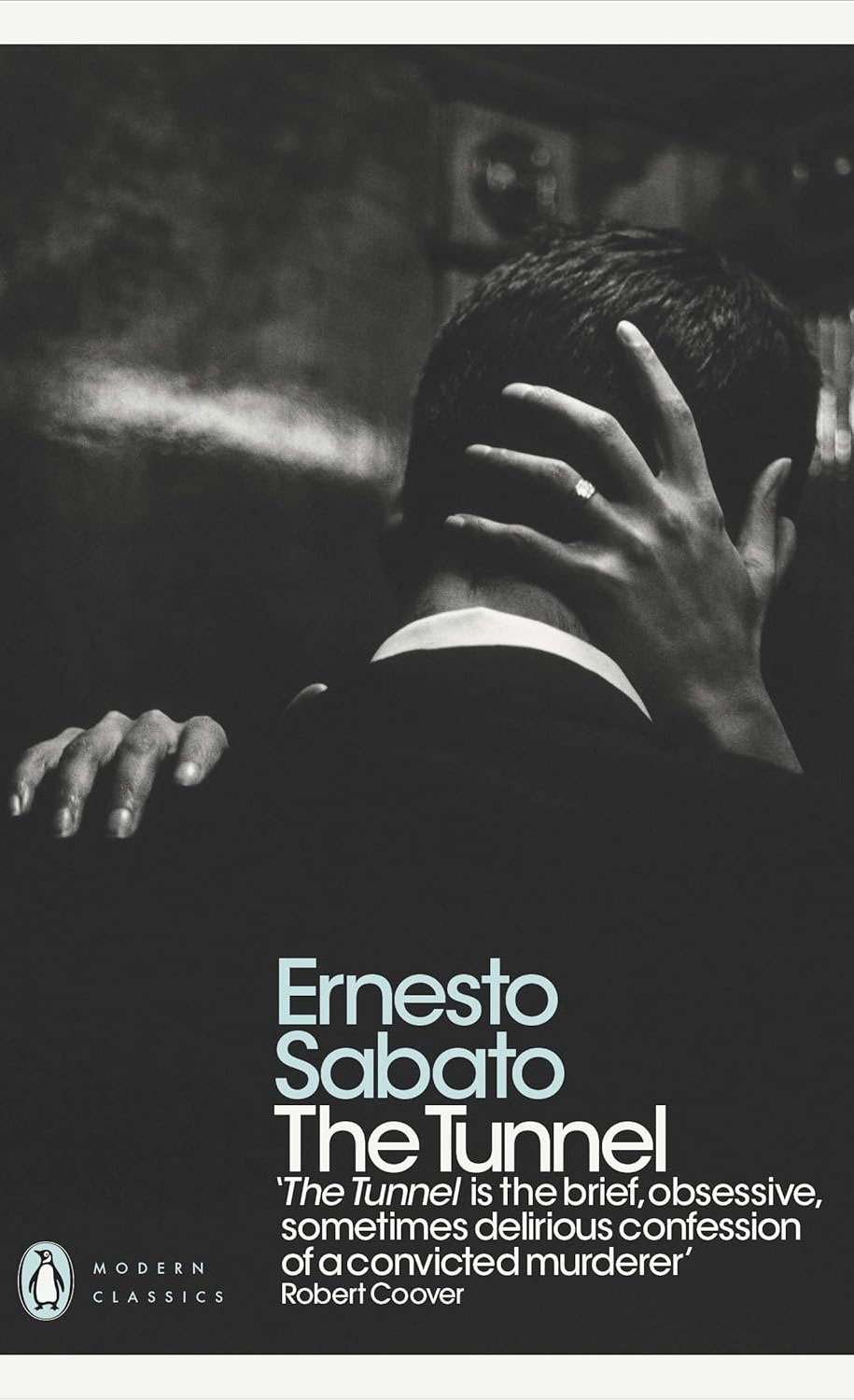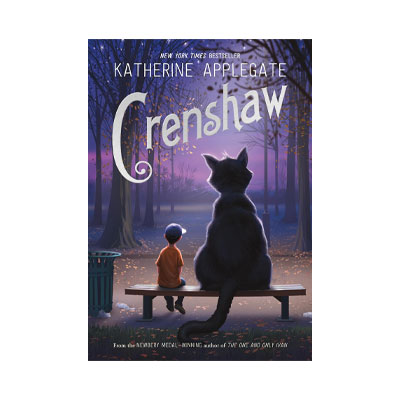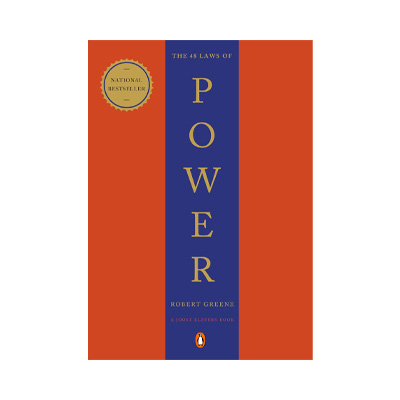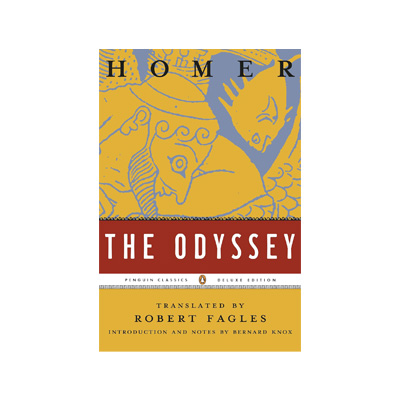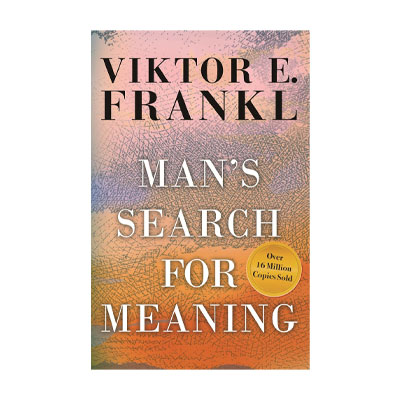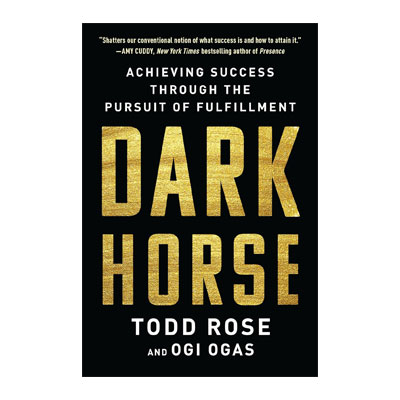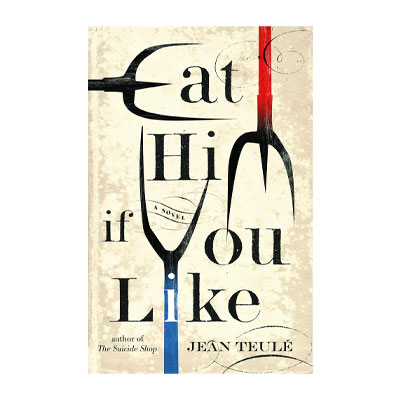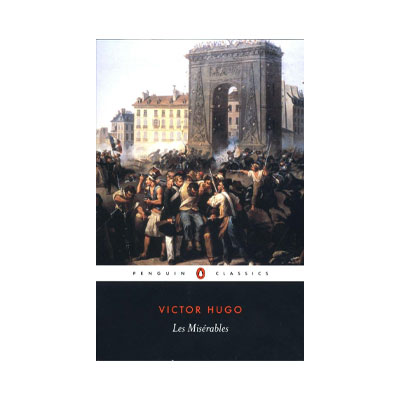Book Summary
Ernesto Sabato, a prominent Argentine novelist, tells a captivating story in his remarkable work titled "The Tunnel," which undoubtedly evokes an extraordinary atmosphere for its readers. When "The Tunnel" was first published in 1948, it received an overwhelming amount of praise from critics and book lovers alike. Although Sabato has consistently demonstrated a candid and unfiltered writing style, this alone was not sufficient for the creation of the present work; the novel's theme of obsessive love further enhances the unique appeal of this book.
The story begins boldly, perhaps hinting at its conclusion, yet it arouses the reader's astonishment right from the outset. The opening line is: "I need only to say that I am Juan Pablo Castel, the painter who killed María Iribarne." Since its first publication, the book has been translated into 28 living languages and has attracted the attention of notable figures such as Graham Greene, Albert Camus, and Thomas Mann, undoubtedly placing it among the most compelling written works.
The main character of the story is a proud painter named Castel, who often cannot tolerate criticism of his creations. This behavior has led him to become an isolated individual; however, his exceptional skills in design and painting have made him a unique person. At one of the exhibitions where Castel displays his works, he encounters a woman who is captivated by one of his paintings. A particular aspect of the piece becomes very significant to her, which others have completely overlooked.
María, seen through Castel's eyes with such perception, becomes a uniquely different individual and serves as a soulmate for the protagonist, setting the stage for a passionate love affair. As you continue reading, you will discover that the story is narrated by Castel from a prison cell, and Sabato intricately and psychologically explores the themes with precise language. Readers will come to understand how the author chose the title "The Tunnel" based on his explanations about humanity and relationships. Another powerful trait of the author is his honesty and his unparalleled expression of emotions, which vividly portray the wicked and selfish nature of humanity without pretense
About the Author
Ernesto Sabato was an Argentine writer born on June 24, 1911, in Rojas, Buenos Aires. He was one of the most prominent Latin American and Spanish-language writers. He completed his doctoral studies in physics at the National University of La Plata and was influenced by writers such as Franz Kafka and Fyodor Dostoevsky while dedicating years to writing essays and novels. Throughout his artistic career, Sabato received awards including the Legion of Honor, Medici Prize, Jerusalem Prize, and Cervantes Prize, and in 2007 he was nominated for the Nobel Prize in Literature. Among his most famous works, which he completed before passing away on April 30, 2011, are "on Heroes and Tombs," and "The Angel of Darkness."
Who Should Read the Book?
Those seeking works centered on romantic stories that explore philosophical and psychological themes should immediately delve into "The Tunnel."
Book Quotes
"Sometimes I feel that nothing has meaning. In a planet that has been rushing toward oblivion for millions of years, we are born amidst sorrow, grow up, struggle and toil, become ill, suffer, cause the suffering of others, cry and lament, die, others die too, and new beings are born to continue this meaningless comedy.
Was it really like that? As I sat contemplating the absurdity of everything, was our life merely a series of meaningless howls in a desert of indifferent stars?
Typically, the feeling of being alone in the universe is accompanied by a sense of arrogant superiority. I utterly disdain humanity; the people around me seem lowly, cowardly, stupid, greedy, cruel, and narrow-minded. I do not fear solitude! I see it as godlike.
I ask myself why truth should be simple. My experience has taught me quite the opposite; truth is almost never simple, and if something seems too clear and obvious, if an action apparently follows a simple logic, there are usually complex motives behind it.
It is much more reasonable for us to despise things we are completely familiar with.
When you are famous, humility is easy for you. It means it is easy to appear humble. Even when you think there is no trace of vanity in a person, you can discover vanity in a very subtle form within them: vanity in humility. We see so many people like this.
In a way, I feel that I am paying a price for not being satisfied with that part of María that (temporarily) saved me from loneliness. The surge of pride, the growing passion for her to be solely mine should have warned me that I was on a wrong path, a path determined by vanity and arrogance.
I spent an uneasy night. I could neither draw nor paint. Although I tried many times to start something. I went out for a walk. Suddenly, I found myself on Corrientes Street. A very strange thing happened: I saw the world with compassionate and sympathetic eyes. I remember my statement that I want to be completely impartial in recounting this story, and now I want to express the first reason for that by confessing one of my worst mistakes. I have always looked at people with indifference, even with hatred and disgust—especially at crowds. I have always disliked summer days by the sea, football games, competitions, and demonstrations. I have felt affection for a few men and a handful of women; I have praised some of those women (I am not a jealous person), and I have had real empathy for some others.
I do not care to tell you that after observing a specific trait all day long, I could not eat. Or paint for a week. It is unbelievable how much greed, jealousy, ill-temper, banality, and avarice—a wide spectrum of traits that constitute our miserable condition—can be reflected in a face, in the way one walks, in one's gaze. It seems only natural that before such an encounter, one would not want to eat or paint—or even live. Nevertheless, I want to clarify that this trait is not something I take pride in. I know it is a sign of pride and vanity, and I also know that greed and avarice often find a pleasant spot in my heart. But as I said, I want to narrate this story with complete impartiality, and I remain committed to this statement."
